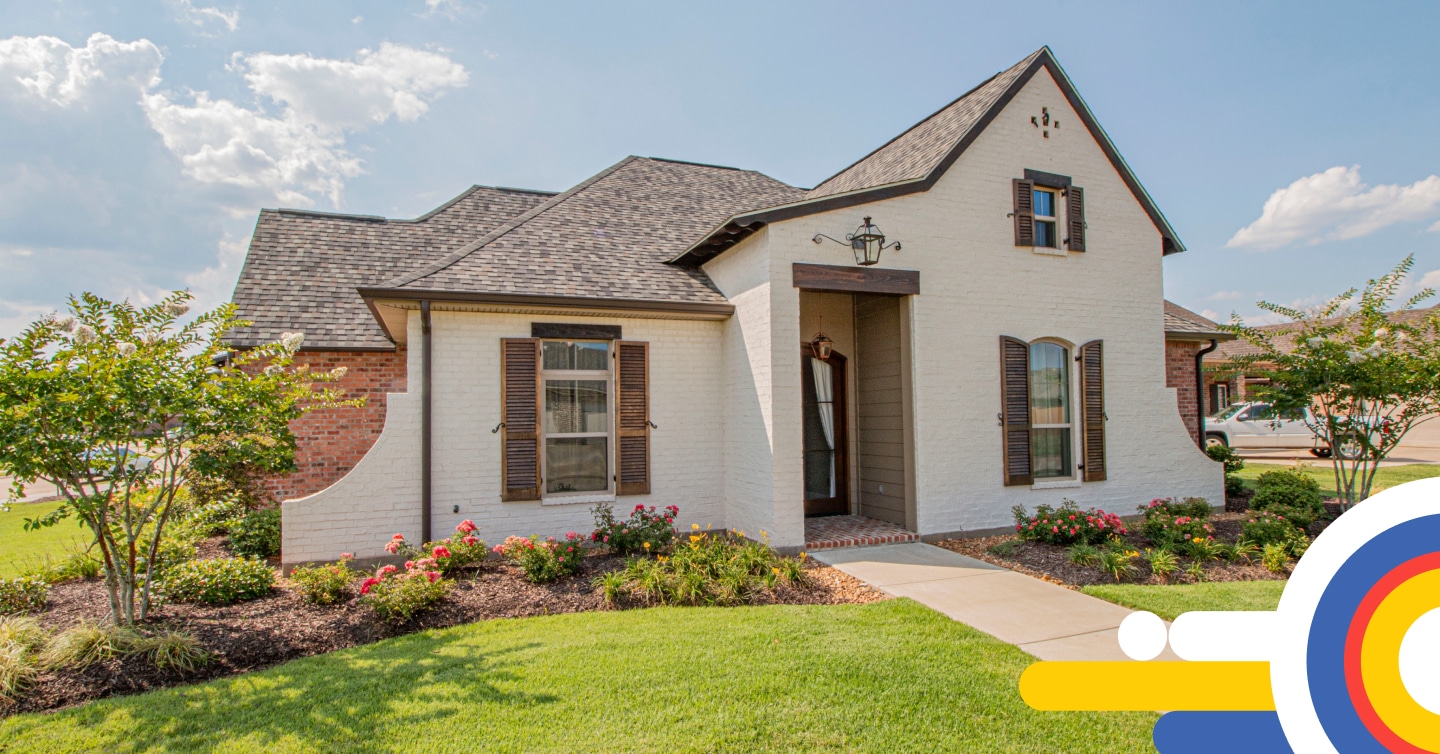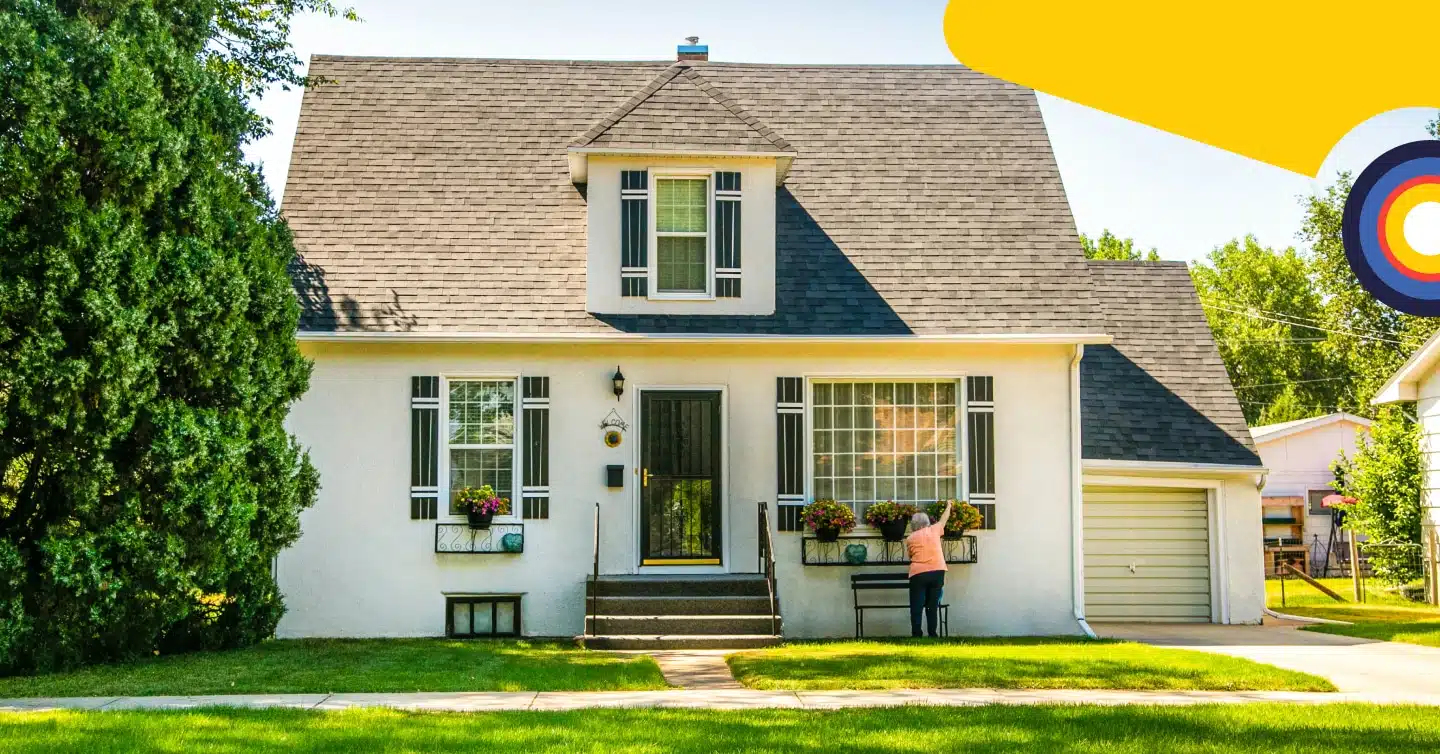Buying a House in Nova Scotia

Table of contents
How to buy a house in Nova Scotia
Buying real estate anywhere in Canada requires some specialized knowledge of the market and how to juggle the complexities of securing a mortgage. In Nova Scotia, buying a house is easier handled with the help of a licensed real estate broker who’ll ensure everything about the deal is completed in accordance with best trade practices.
First time home buyers generally get confused trying to figure out what they need and want in a home in order to spend wisely. Location, infrastructural amenity, and cost of living are some of the factors that should make the top of your list when seeking a house to buy. Nevertheless, if you’re looking to buy a home on your own without professional help, here’s a stepwise guide every buyer should have.
Step 1: Determine if you’re ready to buy a house
Unless you have enough money to pay outrightly for your new house, a few factors will determine your readiness to venture into the Nova Scotia market in search of a house to buy. All being equal, if a home buyer meets these significant requirements, they should have no drawbacks in completing paperwork and moving into their new house.
Income And Employment Status
The first thing you need to consider is your income. Are you employed or unemployed? As an employee, you receive a certain amount of money as payment for your labour every month. Even if you are self-employed, you will still receive income, although it may not be as consistent as an employed person.
Debt-to-Income Ratio (DTI)
While your employment status is crucial in determining your readiness to buy a house, your gross and net income are equally important. If you incur too much debt, then your net income will be too low to save anything significant to buy a house. As such, it is recommendable to keep your debt-to-income ratio below 42%.
Down Payment
If you do not have enough funds to pay for a house in Nova Scotia outrightly, then you can go the mortgage way. But every mortgage requires you to have a down payment. A down payment is the amount you pay for a house upfront. While how much you pay as a down payment depends on the lender, generally, the down payment should not be less than 5% of the purchase price. Moreover the higher your down payment the less you’d have to pay in interest.
Credit Score
Before accepting a down payment your lender will assess your credit score which is also referred to as your risk profile. Importantly, when you want to buy a house using a mortgage, it is crucial to have a good credit score. Most lenders will require you to have a credit score of 650 which also provides you with mortgage options and lower interest rates. However, this does not mean there isn’t hope for people with a bad credit score. There are other options people with a bad credit score can capitalize on when they want to buy a house.
Step 2: Calculate how much you can afford to buy in Nova Scotia
To get an idea of how much house you can afford in Nova Scotia, a good rule of thumb is to use an accurate mortgage affordability calculator. The calculator uses your gross income, credit score, down payment amount and other important details to give you an idea of how much mortgage you should expect to get from the bank and the price of the house you should be looking at. You’ll also see your estimated monthly mortgage payment and expected interest rate to decide whether your income can handle such monthly expenses.
Step 3: Save for your Down Payment, Closing Costs & Fee
It goes without saying that purchasing a home is a costly endeavor. It could be one of your most significant purchases. But, don’t be alarmed; if you’re serious about purchasing a home, it all begins with small actions like saving.
Any small sum you come across should be saved. Because, at the end of the day, buying a house costs a lot of money, from the down payment to the closing costs, legal expenses, and so on.
Step 4: Choose your mortgage rate type and term
As soon as your down payment situation is settled, what’s next is to shop around for a mortgage lender with suitable terms and rates. You can either get a mortgage loan from a mortgage lender or a mortgage broker. How a mortgage lender lends money differs from how a mortgage broker. Make sure to carefully go over their terms and rates before choosing to work with them. A great move would be to hire an experienced mortgage lawyer who can review your terms to check for suspicious clauses.
To find the best mortgage lender for your needs, talk with several lenders about their products. Some great questions to ask yourself when seeking a mortgage lender includes:
- How long do you want the mortgage to be?
- What type of mortgage do you need?
- Do you want a mortgage with a rise or fall interest rate or one that is fixed?
- How often do you want to make a repayment on the mortgage?
Step 5: Get pre-approved for a mortgage
After finding the ideal mortgage broker or lender, what’s next is to organize your documentation to submit a mortgage application. Getting a pre-approval for a mortgage gives you peace of mind knowing you can confidently bid on houses you like. Getting pre-approved also means the lender has determined the mortgage amount you would qualify for so that you can have that price range in mind when house hunting. Typically, you will be asked to present several documents like your bank account or investment statement, proof of assets, proof of income, information about your debt, your identification, and so on. A pre-approval for a mortgage tells you the following:
- The mortgage interest rate available to you
- Your maximum monthly mortgage repayment plan
- The amount you can afford to spend on a house
Get approval on your low rate today
No big bank bias, just commission-free experts ready to help you.
Step 6: Begin house hunting
Nova Scotia is among the most affordable places to buy houses in all of Canada. If you’re in this stage of buying a house in Nova Scotia; then chances are you also have a budget for your house purchasing price. It’s important to also prepare yourself for other payments you’ll need to make before and after the purchase aside from your mortgage. The next thing to do would be to make a list of things you’d like in your new house and neighborhood just to have an idea of what to look out for as you search through home buying marketplaces.
Popular Cities & Neighborhoods in Nova Scotia
HALIFAX NS: As Nova Scotia’s capital and one of its thriving cities, Halifax boasts an excellent quality of life that home buyers may like. It has that balance between a buzzing city and a small-town lifestyle, a perfect place for families and anyone looking to enjoy a less crowded city experience.
Chester NS: Being a city with lots of history and tradition, Chester offers several cultural attractions, local arts and an easy-going lifestyle that many homebuyers seek. The housing sector is also thriving with several affordable residential properties and great infrastructure that can meet your budget needs.
Lunenburg, NS: Described as a dreamy town, Lunenburg is rich with history, making it a perfect place for home buyers looking to ditch the big city lifestyle for a quiet township life like you have here.
Sydney NS: Sydney is one of the most affordable yet attractive locations to buy houses in Nova Scotia. The town also boasts good tourism and lifestyle. It makes an ideal place for families looking to live peacefully and raise kids in a serene environment.
Trenton NS: Situated on the east bank of the East River, Trenton offers some of the best perks of a livable city. It provides affordable housing with lots of great amenities that home buyers look out for in their desired locations.
Helpful home buying resources in Nova Scotia
Whether you’re buying a condominium or house, access to a home buying resource in Nova Scotia comes in handy for first time home buyers. The resource will give you more precise information like requirements, cost, tax, and so much more. Down Payment Assistance Program and Canada.ca are great resources to find helpful information about buying a house in Nova Scotia.
Step 7: Make an offer on a house
When you find the house you want to buy, things move rapidly from there, but don’t get too worked up. The first thing you should do is make an offer on the house. Move on to finalizing your mortgage plan as soon as your offer is approved.
Step 8: Close on your new Nova Scotia home
Request a home inspection before paying for the house you wish to buy in Nova Scotia; the house’s purchasing price may change based on the inspection findings. You can make a down payment and transfer the title of ownership by contacting your real estate lawyer. It shouldn’t take more than 30 to 60 days to complete the process.
First-Time Home Buying Resources in Nova Scotia
If it is your first time buying a home, there are certain difficulties you will face. However, the provincial and federal governments have developed an FTHB program to make buying a house easier for first-timers. As a first-timer, you are eligible for the following:
- Home buyers’ plan: With the home buyers’ plan, first-timers can withdraw up to $60,000 from their RRSP for a down payment. And the best part is that you can repay annually over 15 years.
- First-time house buyer incentive: As a first-timer, you get an interest-free mortgage on a second loan. It covers 5% or 10% of the purchase price of your home. You can repay the government after 25 years.
- Land transfer tax rebate: Lastly, as a first-timer, you are eligible for up to a $4000 rebate for any land-transfer tax paid on the first $368,000.
Final Thoughts
Buying a house in the beautiful cities of Nova Scotia can be one of the most exciting things to do in a lifetime, but most importantly, asking yourself a few questions about your readiness will enable you to make the right decisions and successfully achieve your dreams.
You will also need to explore how to balance your needs and wants while working with your pre-approved mortgage amount as you dive into the real estate market. This guide we put together can help you navigate the process of finding the ideal home that’s right for you.
Ready to get started?
In just a few clicks, you can see our current rates. Then apply for your mortgage online in minutes!















